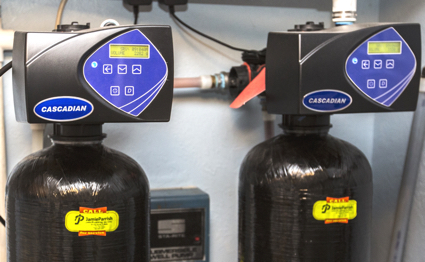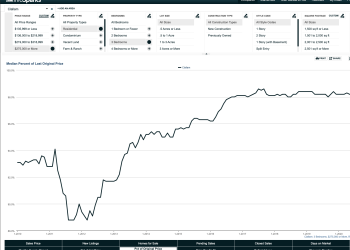Buying a home is a massive undertaking, and if you’ve read some of my earlier articles about doing your due diligence as a buyer, you have a good checklist of major items to review. Things like the home inspection, the septic inspection, the well inspection, irrigation systems, traffic noise, driveway easements, view easements, the quality of construction, architectural obsolescence, kitchen designs, appliances, and much more.
But there are also a number of lesser known considerations when buying a home. I like to say that something is a minor issue until it becomes a major issue. These are things a buyer and their buyer’s agent could easily overlook, but after buying a home, they could be major headaches for you.
Major Issues When Buying a Home
When you’re looking at homes, I recommend doing something most buyers do not do. It is quite normal to walk through a home looking at the floor plan, the quality of construction, the views from the windows, the appliances, and so on. That’s all good, but there are a few simple steps you can take that can save you from a nightmare scenario.
For example, it only takes a minute to fill a glass of water in the kitchen and taste the water. Many buyers miss this important step. Sequim is very fortunate that nearly all our wells have very pure delicious water, but there are some pockets where mineral levels (magnesium, iron, sulfur) can be high. High in minerals does not mean the water is unsafe. The health concern is not minerals–it is bacteria and nitrates.
Tasting the water is a good simple test, but you can do more. Smell the water, like you might if you were sampling wine. If there is a sulfur smell, look for a water filtering system. And there’s another important step. Tap water may smell pure and taste good, but if there is a filtering system for minerals, that just tells you the system is working properly. The next step is to go into the master bathroom and turn on the shower, and turn on the hot water. The smell of high mineral content, particularly a sulfur smell, may not be noticeable in the kitchen, but hot water that is atomized into the air has a way of accentuating any sulfur scent. This is a trick few people would think of when buying a home.

If the well is deep, and there is plenty of water, and if mineral content is high, a good filtering system usually solves the issue entirely, and you can live happily ever after. But a good mineral filtering system can cost $4,500. By the way, here’s a nuance worth knowing. Mineral content can increase and decrease at different times of the year. In the rainy season, mineral content usually decreases.
Caution When Buying a Home
Another question worth asking when you’re in the process of buying a home is, “Is this property in or near a final approach to an airport?” You may not hear any planes overhead when you’re looking at a home, but after you move in, will planes be flying over regularly? And if so, how often?
It is worth observing where the current owner’s cable or satellite TV is located, where their Internet connection is located, and whether there are connections in other rooms where you might locate those services. Find out about their Internet service. Is it fast or exceedingly slow? Also, check the bars on your cell phone. Will this location have good cell phone service, or none at all. That could be a crisis.
While these are all minor issues, they could quickly become major issues, and you don’t need that. You don’t have to know everything when buying a home, but if you don’t, your buyer’s agent should if he or she is going to protect you. Clearly, the importance of doing your due diligence when buying a home cannot be understated.
Last Updated on August 27, 2015 by Chuck Marunde

































